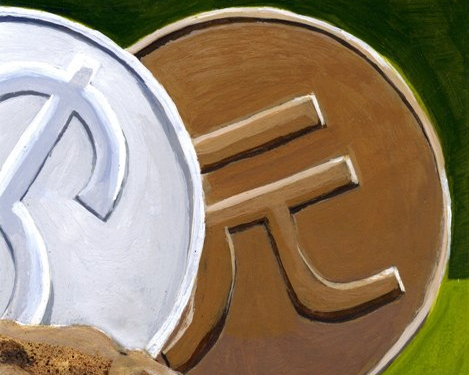The FINANCIAL — Globally-significant events have driven recent financial market volatility and contributed to the emergence of a risk-off environment, according to leading London Business School economists.
The observations by Hélène Rey and Richard Portes, Professors of Economics at LBS, were made in their ‘conversation with moderator’ opening the recent ECB Forum on Central Banking in Sintra, Portugal.
Professor Portes said on the ongoing effect of COVID-19, particularly in China, the war in Ukraine, as well as elections in key financial markets, such as Germany and France, had contributed to financial instability.
“We’ve got a shift to the risk-off environment, with both equity and bond markets sharply down,” he said.
He said it was possible that “deep structural factors in the financial system” had also reduced liquidity and created increased volatility.
This creates risks for central banks: they may have to act as market makers of last resort. For example, money market funds haven’t been properly fixed, central counterparty (CCP) margins on commodity derivatives are still procyclical, and there are dangers for CCPs themselves.
Professor Rey said volatility had led to a tightening of financial constraints that in turn were “a powerful transmission channel to the macroeconomy”.
“This has an effect on credit creation, on capital flows, on investment and aggregate activity.”
Global events, especially the war in Ukraine are also having a direct effect on commodity markets and, therefore, the production process and the global value chains according to London Business School.
“We have direct effects on the supply side of the economy in an environment where the rebound from COVID has been titled towards goods away from services, thereby creating inflationary pressure, which central banks have to deal with.
“On the demand side, we also see inflation eating away the purchasing power of households, in particular modest households, both because of the energy prices and food prices, which are constrained expenses. This decrease in purchasing power is having, and will have, an effect on aggregate activity, which is slowing down.
Professors Portes and Rey also highlighted risks arising from crypto assets, cyber risk, and threats to emerging market economy stability from rising interest rates and the strong dollar.

































Discussion about this post